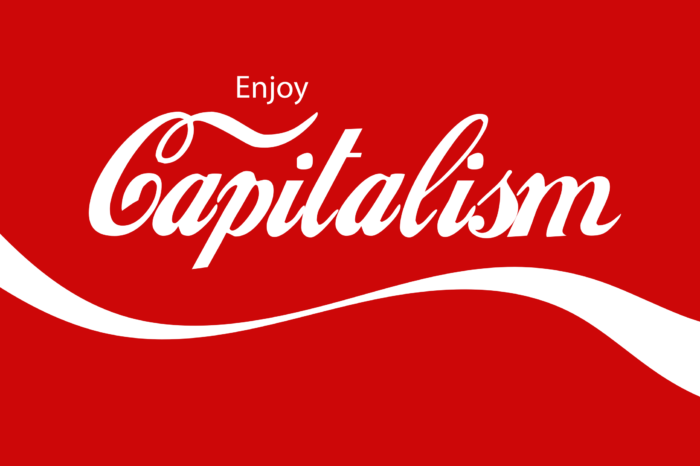
Anti-Americanism in Vietnam is less pronounced than in many other parts of the world, and it likely stems from Vietnamese views about wealth and capitalism.
You would be forgiven for thinking—and it would be all too understandable if they were—that the people of Vietnam are anti-American. But the opposite is true.
One reason for this might stem from the culture’s views on wealth: the Vietnamese people admire the rich and experience very little social envy.
As most people know, the consequences of the Vietnam War were devastating for the country. The chemical weapons used by the United States, including the defoliant Agent Orange, not only struck the North Vietnamese Army, they also hit the civilian population. Napalm bombs also inflicted heavy casualties among the civilian population. The South Vietnamese alone lost 1.5 million people, including 300,000 civilians. The US military suffered 58,200 combat deaths, plus another 300,000 wounded. Civilian casualties in North Vietnam were far lower than in the South, but they lost far more soldiers.
In the north, major industrial centers and much of the infrastructure were destroyed. The region’s industrial manufacturing plants were decimated. Three of the six largest cities, 12 of the 29 provincial capitals, and two-thirds of all villages were destroyed. Virtually all power stations, railroad stations, ports, bridges, roads and the entire railroad network were also totally wiped out. In southern Vietnam, two-thirds of villages were also obliterated, five million hectares of forest were razed, and 20 million farmers lost their homes.
Little Anti-Americanism in Vietnam
Given all of this destruction and suffering, it would not be surprising if Vietnam was a hotbed of anti-Americanism. But anti-Americanism in Vietnam is less pronounced than in many other parts of the world. In fact, anti-Americanism is not only stronger in Arab countries and Russia, it is also quite prevalent in many European countries, such as Germany and France.
In 1998, the US ambassador to Hanoi married a Vietnamese woman. He had flown 60 bombing raids on North Vietnam during the war before he was shot down in 1966. He then spent seven years in Vietnamese captivity as a prisoner of war. His wedding attracted a lot of attention at the time, but very little hostility.
This is not uncommon. I was in a relationship with a woman for several years whose parents were from Vietnam. I never once heard her or her parents talk badly about Americans.
Dinh Tuan Minh, a scholar from a think tank I met in Hanoi a few days ago said, explained to me why so many Vietnamese people have a positive attitude toward America.
“We Vietnamese do not look back to the past, but to the future. Unlike with China, we have no territorial disputes with the US. Many Vietnamese people also appreciate the fact that working conditions in US companies that invest here are often better than in Asian companies that invest in Vietnam. In addition, people in Vietnam know that the US has become our most important export market.”
Indeed, in 2020, Vietnam exported as much to the US as it did to China and Japan, its second and third largest export markets, combined.
I also spoke on this subject with the entrepreneur Xuan Ngyuen, who is from Ho Chi Minh City (Saigon).
“I was born in 1987. The war had already been over for 12 years. My parents and grandparents did talk about how terrible the war was, but they never had a bad word to say about the US and Americans,” Ngyuen told me while I was in Hanoi. “On the contrary, they told me, ‘You must learn to speak English, dress like Americans, eat the same food that Americans eat, and above all, learn to think like an American. Then you will be successful.’”
Independent surveys support these anecdotes.
In a survey conducted by the Pew Research Center, 76 percent of Vietnamese said they had a positive view of the US. Among more educated Vietnamese, the figure was as high as 89 percent, and among respondents aged 18 to 29, 89 percent had a favorable opinion of the US. Even among those over 50 who had lived through the war, more than 60 percent viewed the US positively.
Perceptions of China, which has frequently waged war against Vietnam in the past and also has territorial disputes with the country today, are a different story. Surveys show Vietnamese people have much more negative attitudes toward China.
In a survey also conducted by the Pew Research Center, 64 percent of Vietnamese said, “China’s growing economy is a bad thing for our country.” By comparison, only 36 percent of the survey’s respondents in Japan said the same, 23 percent in Australia and 49 percent in South Korea. In addition, 80 percent of Vietnamese in the same poll also said, “China’s power and influence is a threat to our country.”
I admire people who manage to look more to the future than to the past. Such people are usually far more successful in life than those who constantly focus on the past.
This applies not only to individuals, but also to nations.
‘Doi Moi’: The Road to a Market Economy
In 1975, the Vietnamese defeated the Americans, and this already proud country became even prouder, for they had defeated the greatest military superpower in history. But their pride suffered over the next ten years as the introduction of a socialist planned economy had a devastating effect on the south of the country. Vietnam was the poorest country in the region. While other Asian countries that took the capitalist path – South Korea, Hong Kong and Singapore, for example – achieved incredible growth and escaped poverty, most people in Vietnam lived in bitter poverty, even ten years after the war had come to an end.
Forced collectivization of agriculture had been no more successful in Vietnam than it had in China or Russia. In 1980, Vietnam produced only 14 million tons of rice, despite the fact that the county needed 16 million tons to meet its own population’s basic needs. During the period of the second five-year plan (1976 to 1980), Vietnam was forced to import eight to nine million tons of rice and other foodstuffs.
Production stagnated, and state-owned industrial production actually declined by 10 percent from 1976 to 1980. Until 1988, only small family businesses were allowed as private enterprises in Vietnam; otherwise, everything was state-owned.
The Vietnamese realized that they were at an impasse. At the VI Party Congress (incidentally, the party still calls itself “communist”) in December 1986, the country’s leaders adopted a comprehensive package of reforms known as “Doi Moi” (“renewal”). As in China under Deng Xiaoping, private property was allowed and the party increasingly focused on the development of a market economy.
Today, Vietnam has shaken off its past and reinvented itself. GDP per capita has increased six-fold since the reforms (in constant dollars), from $577 to $3,373. Vietnam is now one of the world’s largest rice exporters, after India and only slightly behind Thailand. But Vietnam has long been much more than a country that exports agricultural products and textiles. It has now become a major producer of electronic goods and exported $111 billion worth of electronic products in 2020 alone.
Under the socialist planned economy, the majority of people in Vietnam lived in extreme poverty. As recently as 1993, 80 percent of the Vietnamese population were still living in poverty. Over the last decade in particular, poverty declined sharply in Vietnam, falling from 16.8 percent to 5 percent, lifting an estimated 10 million people out of poverty, according to the World Bank’s formula.
Poverty in Vietnam was not eliminated by wealth redistribution, but by a more free-market economy. Redistribution has never been a successful tool in the fight against poverty anywhere in the world. Capitalism works, and most workers in Vietnam benefit from tax rates that are comparatively low, ones that can only be dreamed of in Germany or New York. Sure, the top tax rate for individuals in Vietnam is 35 percent, but for that you have to earn about 14 times more than an average earner. In any case, social envy directed at the rich is a foreign concept in Vietnam. Here, wealth is admired and celebrated.
Of eleven countries where I commissioned Ipsos MORI to conduct a survey on attitudes toward the rich, Japan was the only other country in which opinions were as positive as in Vietnam.
In a paper from the Vietnamese social scientists Nguyen Trong Chuan, Nguyen Minh Luan and Le Huu Tang, which was published in the book Socioeconomic Renovation in Viet Nam, the authors explain how labor incentives work in the country.
“Those households who have good opportunities, better experience, talent for working and trading, and healthy labor, will be richer. Thus the polarization does not represent inequity but equity,” the authors write. “Those who work hard and well earn more, while those who are lazy and work inefficiently and ineffectively will earn less.”
The scholars also strongly oppose redistribution strategies: “In comparison with the subsidy system, where distribution was egalitarian, the current polarization between the rich and the poor shows the reestablishment of social equity.”
Inequality is not worthy of criticism and the pursuit of wealth should be encouraged, they argue: “Polarization has itself become an important motivating force behind the recent considerable economic growth.”
It would be a mistake to abandon the pursuit of free-market reforms simply because inequality between rich and poor is increasing, the Vietnamese sociologists and philosophers conclude. You won’t often find similar remarks from sociologists in the US and Europe.
The Vietnamese do not look enviously on rich people; they aspire to be rich. One of the questions in my aforementioned study in Vietnam was, “How important, if at all, is it for you personally to be rich?” The result: In Europe and the US, on average, only 28 percent of respondents said it was important to them to be or become rich. In the four surveyed Asian countries, in contrast, the figure was 58 percent. And nowhere did as many people say it was important to them to be or become rich as in Vietnam, where it was 76 percent.
Although Vietnam calls itself a socialist country, the way people here think is more in tune with capitalism than is the case in Europe. Incidentally, the ratio of government expenditure to gross national product in the US was 41.2 percent last year. In Vietnam, it was 21.2 percent.
AUTHOR
Dr. Rainer Zitelmann is a historian and sociologist. He is also a world-renowned author, successful businessman, and real estate investor. Zitelmann has written more than 20 books. His books are successful all around the world, especially in China, India, and South Korea. His most recent books are The Rich in Public Opinion which was published in May 2020, and The Power of Capitalism which was published in 2019.
EDITORS NOTE: This FEE column is republished with permission. ©All rights reserved.
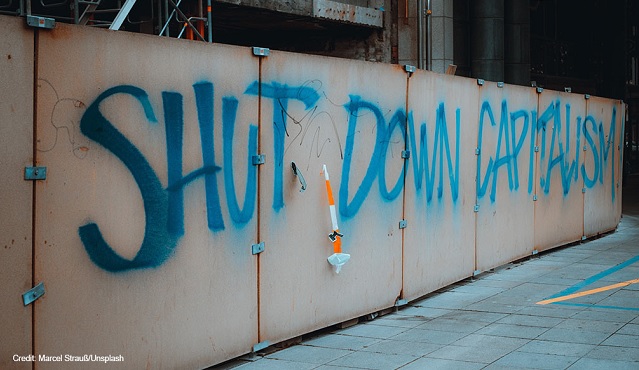

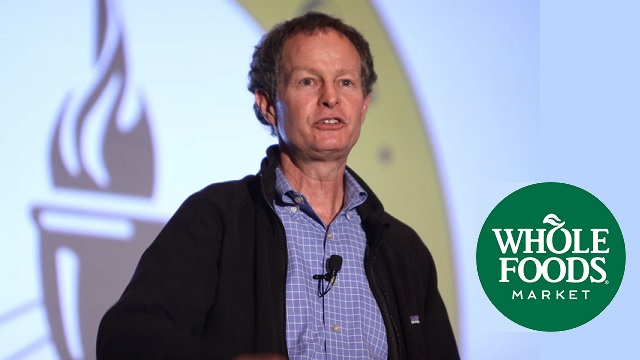

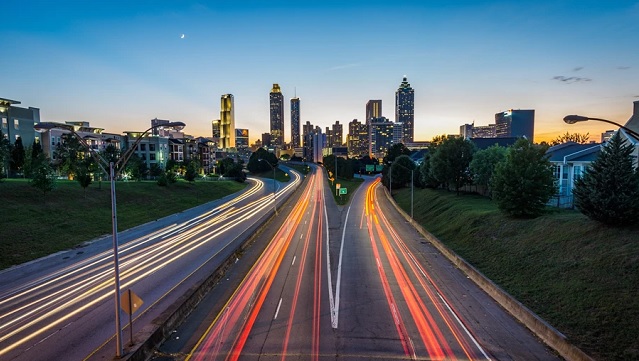

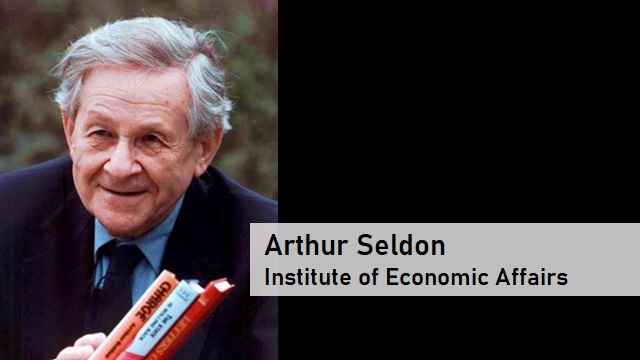




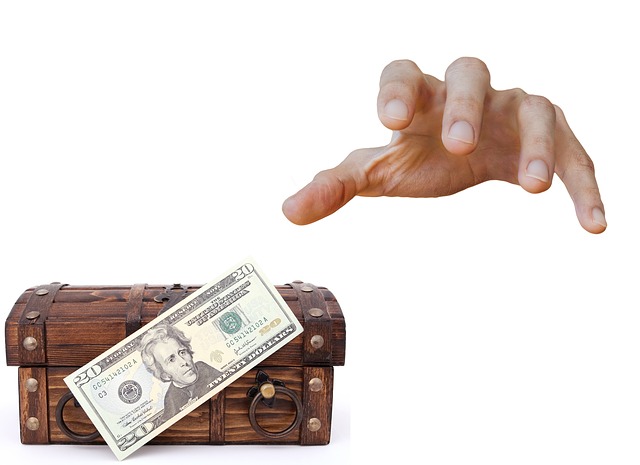


 Leaderless and loud, the Resistance has become the motive power of the Democratic Party… The feistiness and agitation of the moment are propelling the party to a new place.
Leaderless and loud, the Resistance has become the motive power of the Democratic Party… The feistiness and agitation of the moment are propelling the party to a new place.